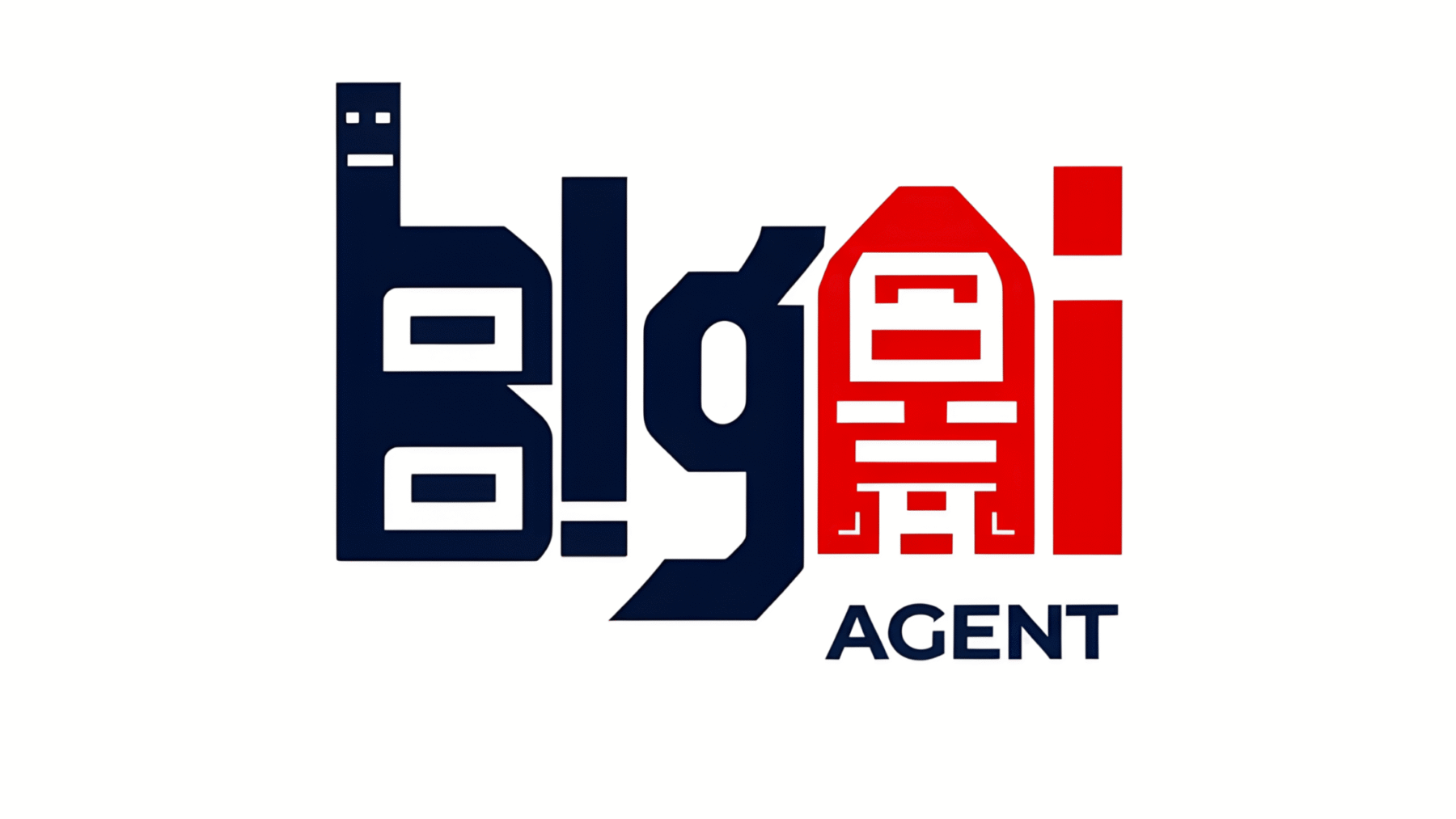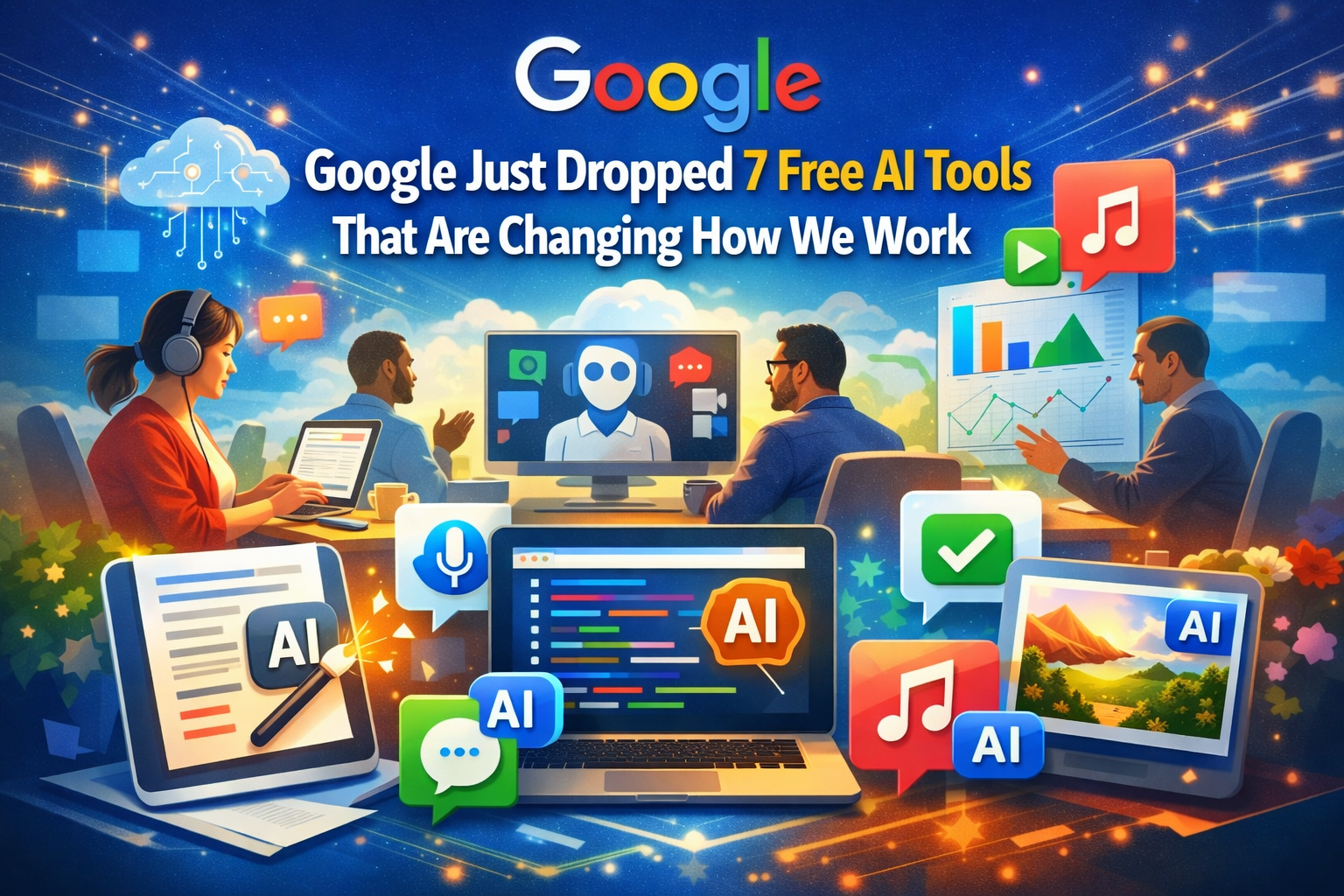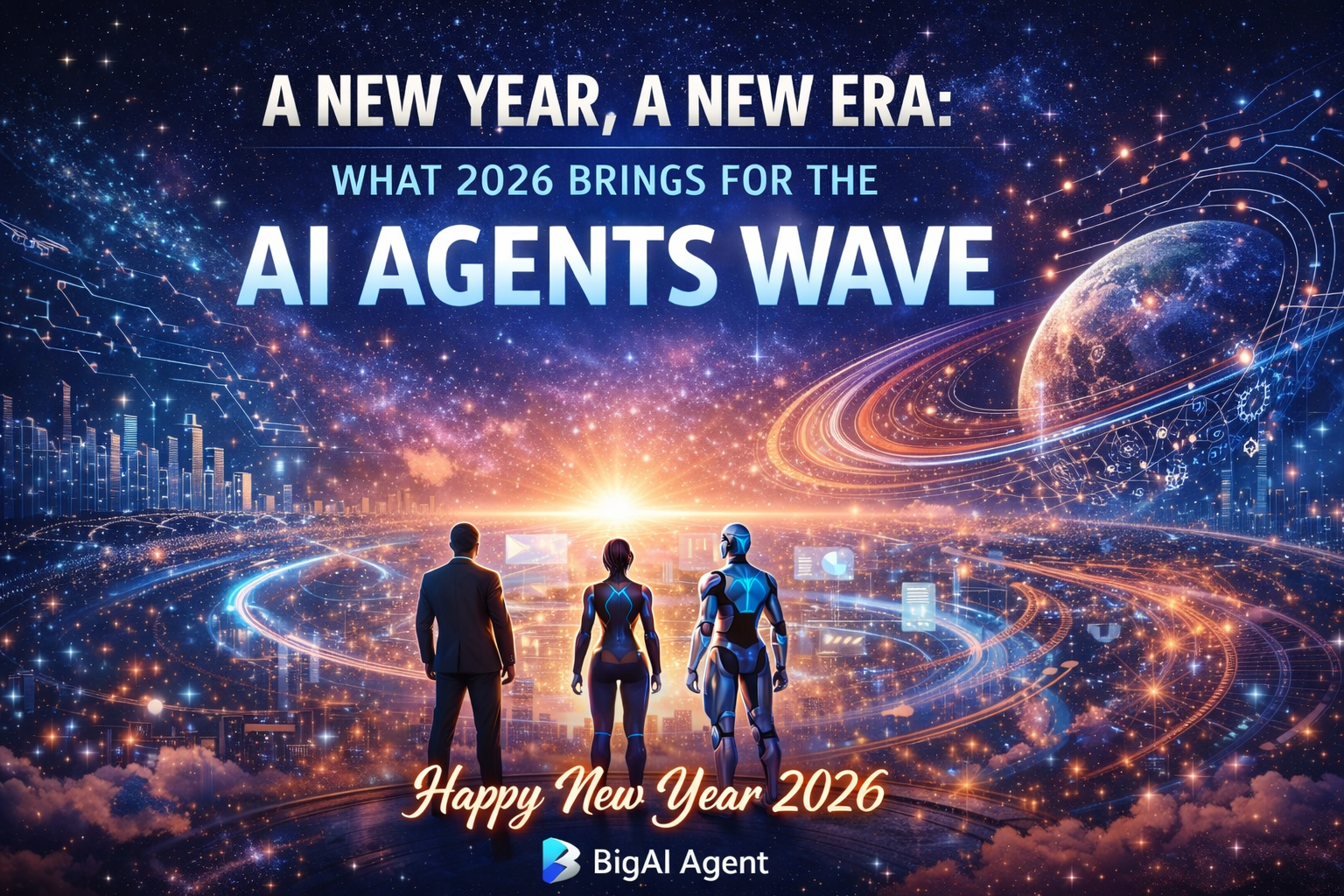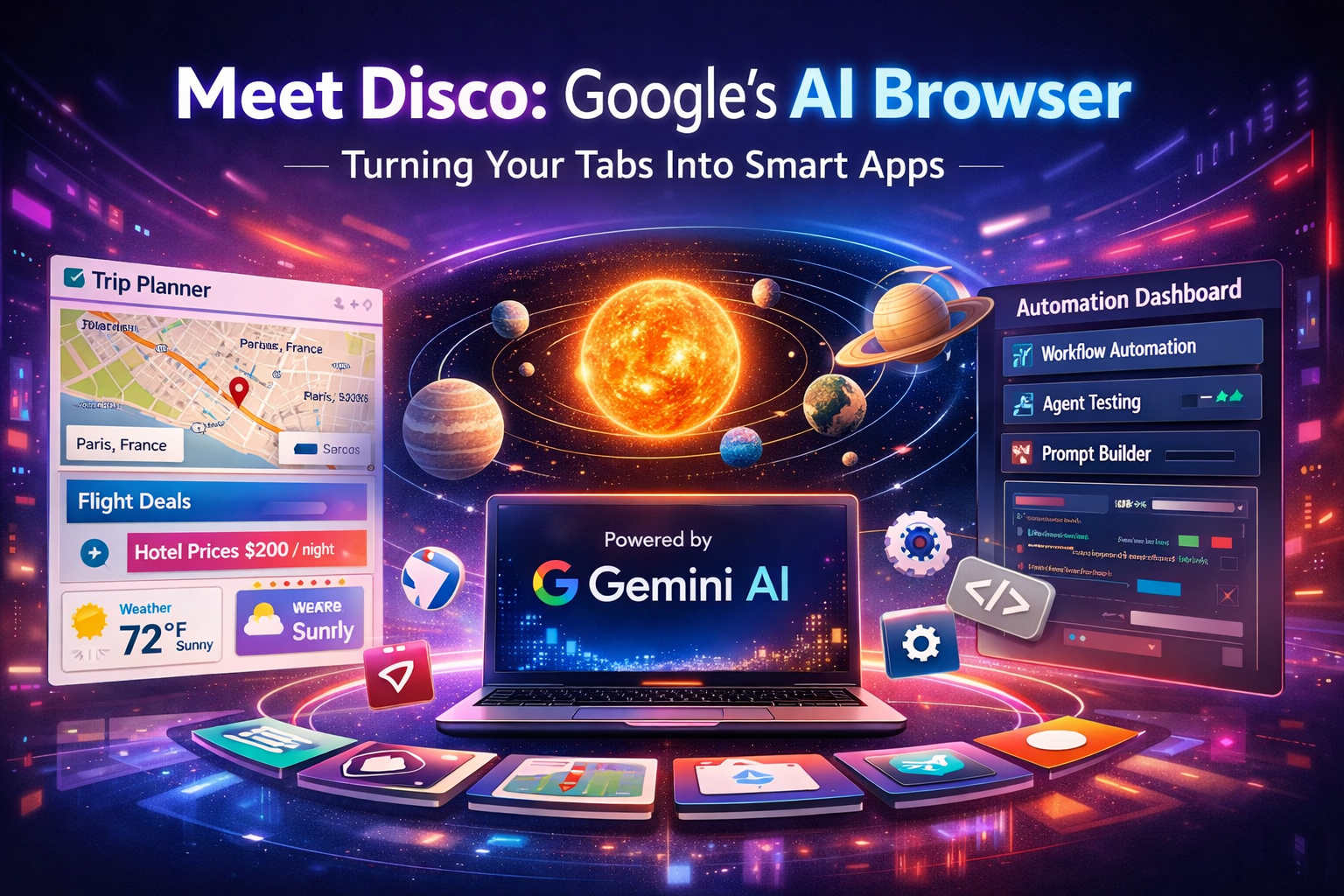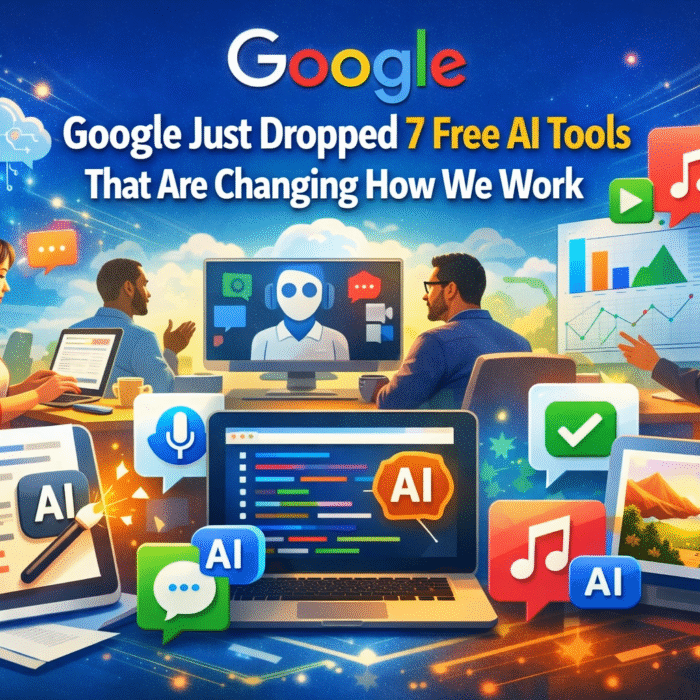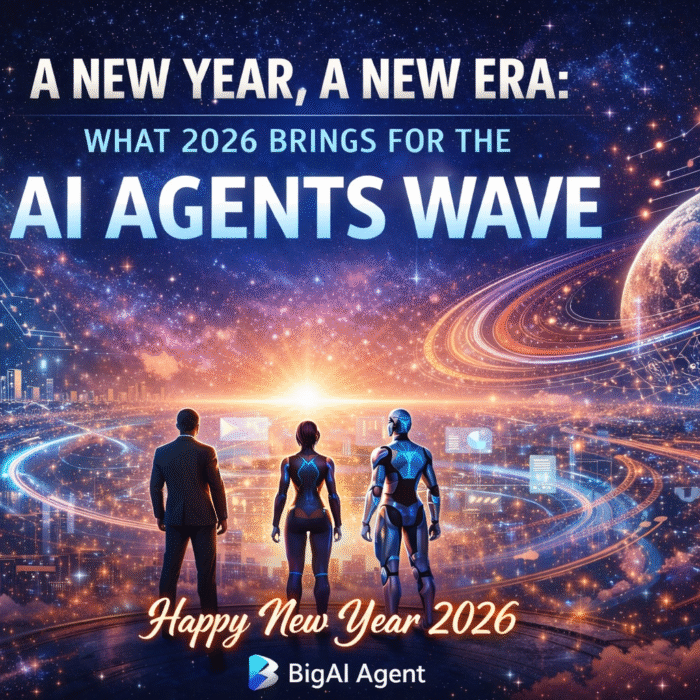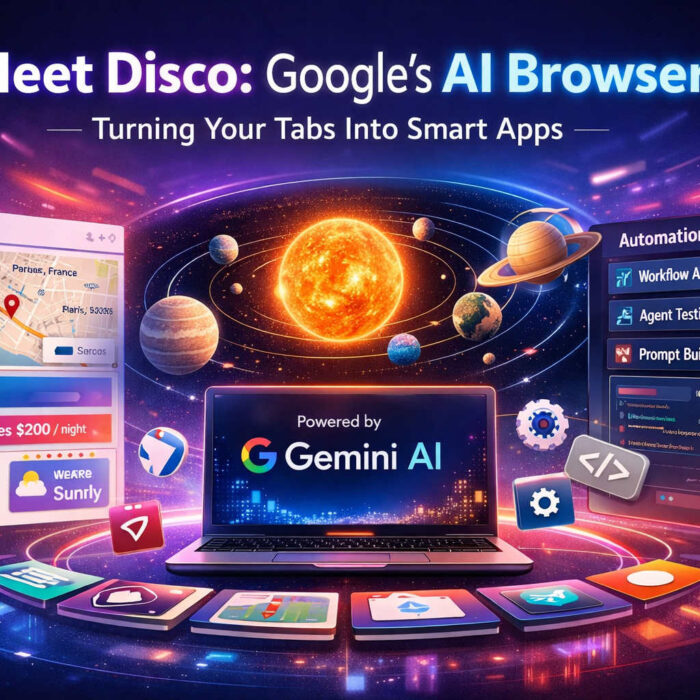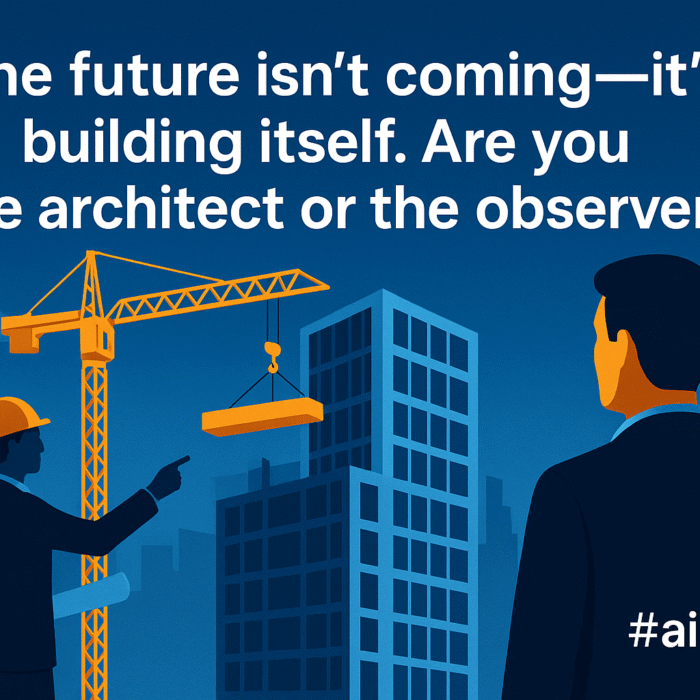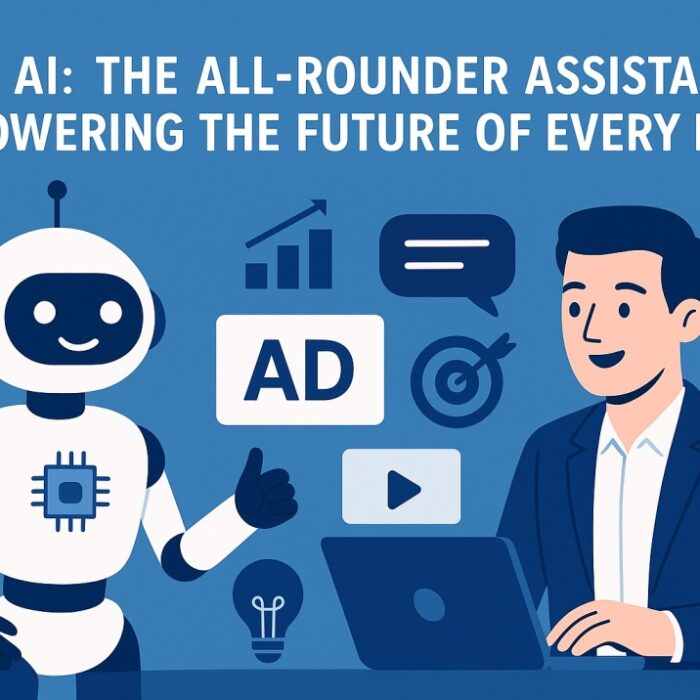The world of enterprise software is undergoing a massive transformation. With the rise of intelligent systems and autonomous workflows, traditional enterprise applications are slowly evolving into something more dynamic and proactive. AI agents are sorting it out for all the organizations. Instead of humans being the only ones driving actions, the software itself is learning to act, decide, and collaborate.
This shift is being led by AI agents in enterprise software. These intelligent agents represent the next evolution of business technology, capable of executing complex workflows, automating decisions, and interacting with other systems or people. According to The New Stack article “AI Agents Will Eat Enterprise Software, Just Not in One Bite”, this change won’t happen overnight, but the direction is undeniable. Enterprise software is being rebuilt around AI-driven autonomy.
This blog explores how AI agents are reshaping enterprise systems, why the transition will be gradual, what it means for businesses, and how organizations can prepare for it.
What Are AI Agents and How Do They Work?
An AI agent is a software entity that observes its environment, processes data, makes decisions, and takes actions to achieve specific goals. In enterprise settings, AI agents can:
- Automate repetitive tasks such as data entry, ticket routing, and report generation.
- Orchestrate workflows across multiple systems, like moving a lead from CRM to ERP to delivery.
- Analyze data continuously and recommend next steps.
- Interact with humans or other agents to complete complex operations.
Unlike traditional software that waits for user commands, AI agents are proactive. They can predict what needs to be done, coordinate with other systems, and make adjustments in real time.
While many believe AI will completely replace software systems, the truth is more nuanced. Enterprises rely on deeply integrated, legacy systems that cannot be replaced in one go. AI agents will gradually embed themselves within these systems, enhancing and evolving them from the inside out.
Why AI Agents Matter in Enterprise Software
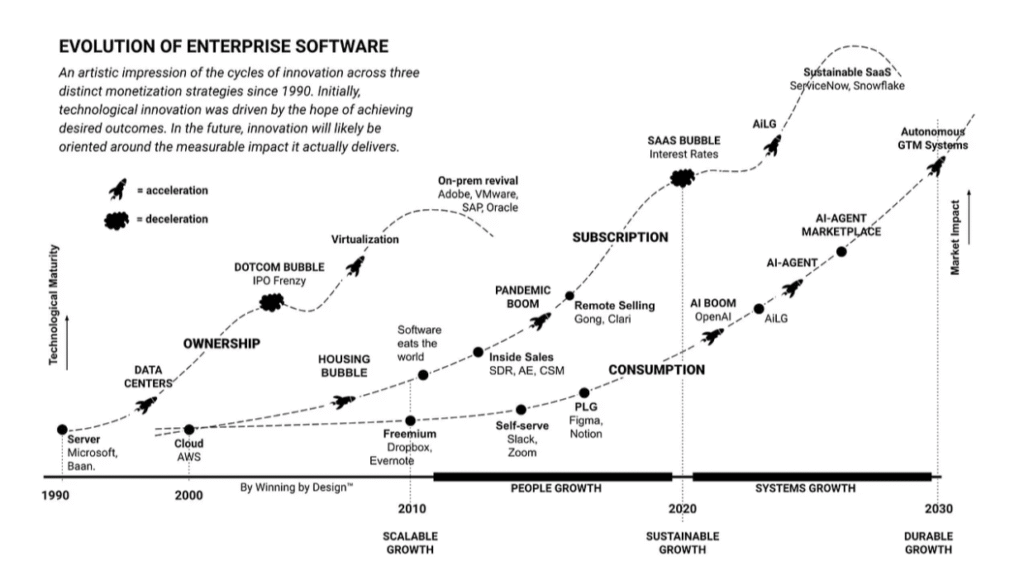
1. Increased Productivity and Efficiency
AI agents handle routine and time-consuming tasks, freeing up employees to focus on strategy, creativity, and innovation. For instance, an AI agent can monitor customer tickets, categorize issues, and escalate urgent cases while human teams handle complex problem-solving. This improves overall operational efficiency and reduces response times.
2. Smarter Decision-Making
Most enterprise systems capture data but rely heavily on human intervention for analysis. AI agents change that. They process data continuously, identify patterns, trigger actions, and make recommendations without waiting for a user to initiate a command. This leads to faster, more informed decision-making.
3. Seamless Integration Across Systems
Enterprises often juggle dozens of software platforms, CRM, ERP, HR, finance, and analytics. AI agents act as a bridge across these systems, connecting workflows and ensuring data moves smoothly between them. This eliminates the need for manual handoffs and reduces friction between departments.
4. Competitive Advantage
Organizations that adopt AI agents early will see improvements in agility, customer responsiveness, and operational speed. As these technologies mature, early adopters will be the ones setting new standards for efficiency and innovation in their industries.
Why the Change Won’t Happen Overnight
While the future looks promising, the integration of AI agents into enterprise software will take time. The New Stack explains this evolution as a series of “small bites” rather than a single, sweeping revolution.
1. Legacy Systems and Technical Debt
Many enterprises depend on customized, decades-old software systems. Replacing them entirely is risky and expensive. Instead, AI agents will be introduced gradually, working alongside existing systems to automate parts of the workflow and add intelligence where possible.
2. AI Technology Is Still Maturing
While AI agents have advanced rapidly, they are not yet flawless. Enterprises must address challenges such as reliability, accuracy, explainability, and data security. Agents may need close human supervision until they reach a level of maturity that allows them to act independently with full trust.
3. Organizational and Cultural Challenges
Integrating AI agents is not only about technology but also about people. Employees must adapt to new workflows, learn how to collaborate with AI, and trust automated decisions. Building that culture of acceptance and readiness takes time.
The Three Phases of Adoption
The journey toward AI-driven enterprise systems will happen in phases.
Phase 1: Augmenting Existing Workflows
At first, AI agents will assist human workers. They will provide recommendations, monitor systems, and automate repetitive tasks. For example, an agent might analyze contracts for compliance or suggest the best vendor for a purchase order. Humans remain in control while agents act as intelligent assistants.
Phase 2: Automating Complete Processes
Next, AI agents will begin managing full workflows with minimal human involvement. They might handle the end-to-end process of lead qualification, purchase approvals, or inventory restocking. Humans will intervene only when exceptions or complex decisions arise.
Phase 3: Redesigning Around Agents
Eventually, enterprise software will evolve into agent-centric ecosystems. Multiple agents will collaborate across departments, finance, HR, logistics, and marketing, communicating with each other through APIs and event-driven architectures. At this point, human users will play more supervisory roles, focusing on oversight rather than execution.
Business Implications of AI Agents
1. Rethinking Software Architecture
Organizations will move away from massive, monolithic software suites and embrace modular platforms designed to support AI agents. Software will need to be flexible, API-first, and capable of hosting intelligent workflows. Vendors that offer strong agent integration and orchestration capabilities will gain a major competitive edge.
2. Strengthening Governance and Security
AI agents make decisions, handle sensitive data, and interact with multiple systems. This raises important questions about accountability and security. Enterprises will need to define governance frameworks that establish clear rules for agent behavior, training data usage, bias prevention, and auditability.
3. Evolving Workforce Roles
AI agents will not replace humans but rather change their roles. Employees will become supervisors, trainers, and collaborators. Skills like AI workflow design, data governance, and prompt engineering will be in high demand.
4. Managing Innovation vs. Risk
Enterprises must find a balance between innovation and compliance. Introducing AI agents too quickly can create security and regulatory risks, but waiting too long may lead to competitive disadvantage. The safest approach is to start small, demonstrate value, and scale gradually.
Challenges Enterprises Must Overcome
Even with clear benefits, several barriers remain on the path to agent adoption:
- Data Silos: Agents need unified and clean data to function effectively. Fragmented or poorly maintained data can limit their intelligence.
- Governance and Trust: Enterprises must ensure that agents make ethical, explainable, and auditable decisions.
- Legacy Infrastructure: Existing software may not be built to support agent orchestration, making integration complex.
- Cultural Resistance: Employees may feel threatened by automation. Transparent communication and reskilling programs are essential.
- Cost and ROI Measurement: Calculating the financial benefits of agent-driven automation requires careful tracking of time saved, errors reduced, and productivity gains.
- Security Concerns: Agents that act across systems can create new vulnerabilities if not properly monitored and secured.
How to Prepare for the Shift
If your organization wants to be ready for this transformation, start with these steps:
- Identify Repetitive Workflows – Find areas where automation will bring immediate value.
- Ensure Data Readiness – Clean, standardize, and integrate your enterprise data.
- Run Pilot Projects – Test AI agents on small processes to measure impact and learn from outcomes.
- Build Governance Frameworks – Define rules for agent accountability, oversight, and data use.
- Engage Stakeholders Early – Get leadership and employees involved in the design process to build trust.
- Adopt Modular Architectures – Choose software that can easily integrate or host AI-driven components.
- Track Key Metrics – Measure results in terms of cost savings, speed, and customer satisfaction.
The Future of Enterprise Software
AI agents are set to redefine how organizations work. Instead of buying large applications, companies may soon subscribe to agent ecosystems that handle specialized functions. Departments will rely on networks of autonomous agents that collaborate seamlessly, learn from data, and improve with each cycle.
Software vendors will differentiate themselves not only by features but by the intelligence, adaptability, and governance of their AI agents. Enterprises that begin adapting now will be positioned to lead in this new era of digital transformation.
Conclusion
The rise of AI agents in enterprise software marks a historic turning point in how businesses operate. This evolution will not happen in one bite but through gradual, strategic adoption. The transformation will begin with workflow augmentation, move toward full automation, and eventually lead to agent-centric software ecosystems.
Organizations that act early, by investing in data readiness, agent governance, and cultural adaptability, will gain significant advantages in efficiency, speed, and innovation. The enterprise of the future will not just use software; it will work alongside it.

